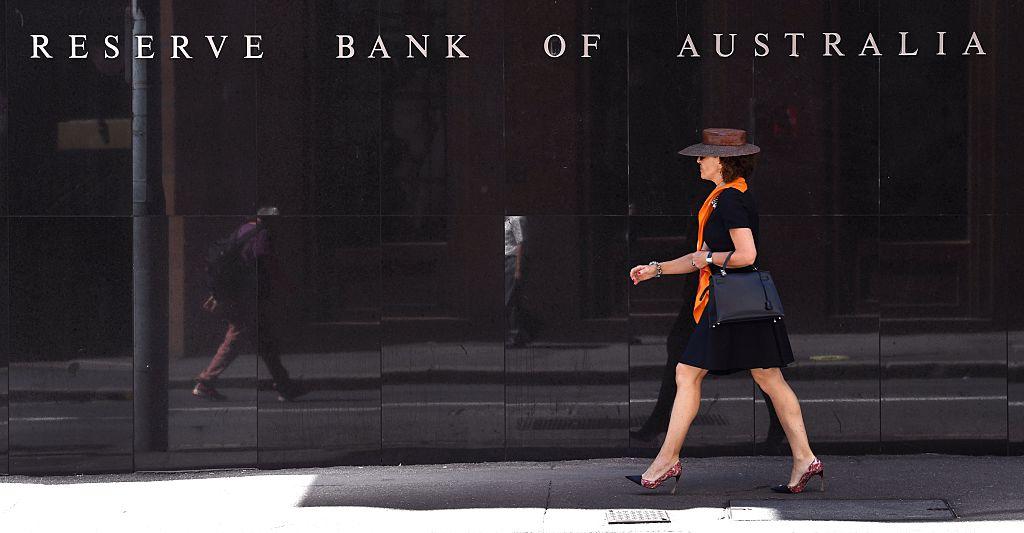Economists and financial markets are now anticipating the Reserve Bank of Australia (RBA) to raise the cash rate in the next board meeting on May 3 instead of June, as previously predicted.
The swift change in thinking comes right after the Australian Bureau of Statistics released new inflation figures on April 27, indicating the annual consumer price index leapt to 5.1 percent from 3.5 percent, the fastest growth in over two decades.





